Understanding Earth Testers
An earth tester is an essential diagnostic tool used in the field of electrical installation and maintenance. This instrument is pivotal for ensuring safety and compliance with electrical standards by measuring earth resistance and soil resistivity. The role of an earth tester is to prevent electrical hazards by verifying the effectiveness of grounding systems.
Types and Applications of Earth Testers
There are various types of earth testers, each designed to meet specific testing requirements. The digital earth tester is known for its precision and ease of use, often preferred for modern electrical environments. For more rugged conditions, the megger earth tester is sought after due to its durable design and reliable performance. Applications of these devices range from testing resistance to ground in residential properties to assessing earth loop impedance in industrial settings.
Features and Materials
The construction of an earth tester involves robust materials that ensure longevity and accuracy. Features may include backlit displays for visibility in low-light conditions, and advanced models offer Bluetooth connectivity for data logging. The earth resistance test meter typically includes high-durability probes and sometimes a guard jack to enhance the measurement's noise resistance.
Advantages of Using an Earth Tester
Utilizing an earth resistance tester brings several advantages, such as ensuring compliance with safety standards and preventing electrical accidents. An earth leakage tester can detect current leakages that may lead to equipment malfunctions or hazards, while a soil resistivity tester is crucial for designing grounding systems by measuring the resistivity of the soil.
Selecting the Right Earth Tester
Choosing the appropriate earth tester meter is crucial for accurate and reliable measurements. For field technicians, a portable model that can be easily carried and operated is ideal. These portable units are often battery-powered, providing the convenience of mobility without sacrificing performance. For more stationary applications, bench-top models offer extensive features and higher power capabilities.
Performing Earth Resistance Checks
When conducting an earth resistance checking, it is important to select an earth tester that offers the specific functions needed for the task. Some testers are designed to measure earth loop resistance specifically, while others are equipped to perform comprehensive diagnostics, including earth fault loop impedance testing. The choice of tester will depend on the specific requirements of the maintenance or installation project.

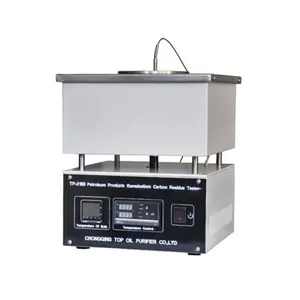



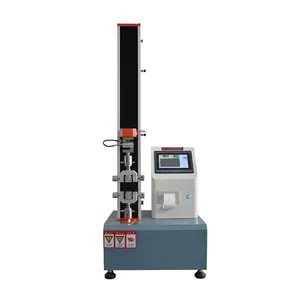

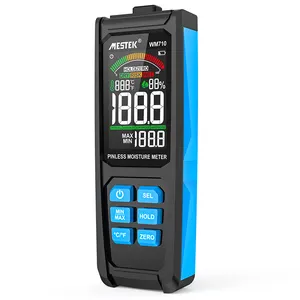

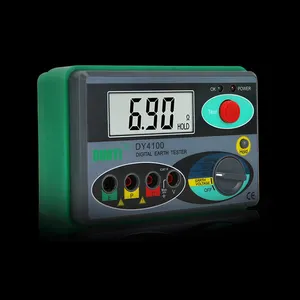



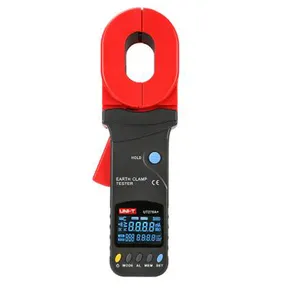

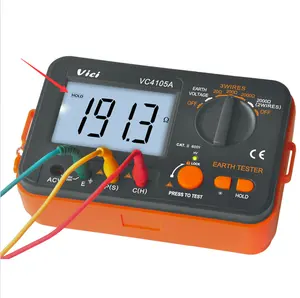



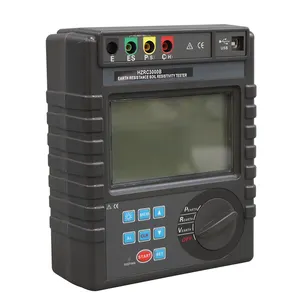

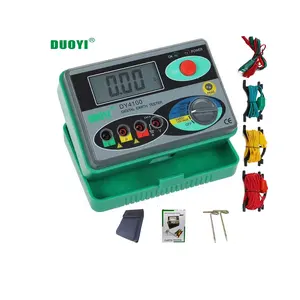
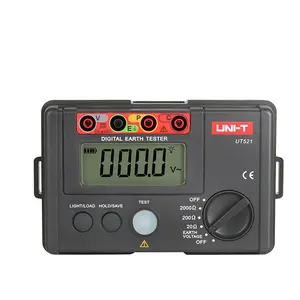

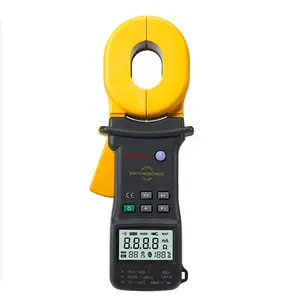

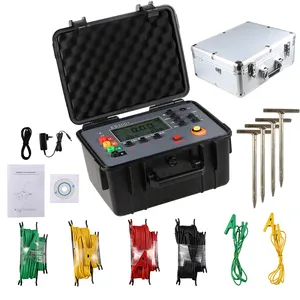







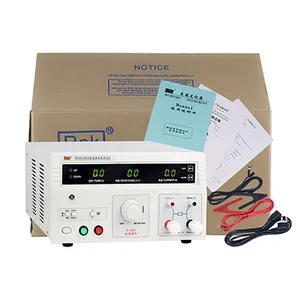


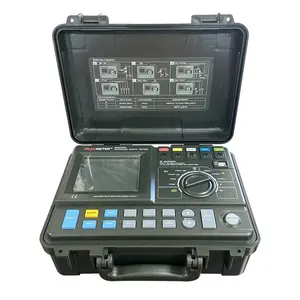






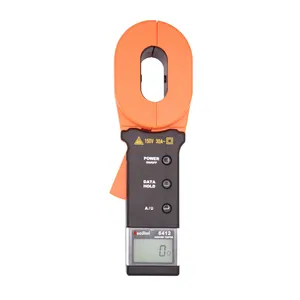





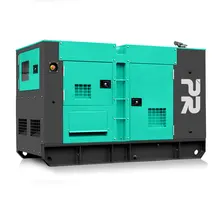






















 浙公网安备 33010002000092号
浙公网安备 33010002000092号 浙B2-20120091-4
浙B2-20120091-4